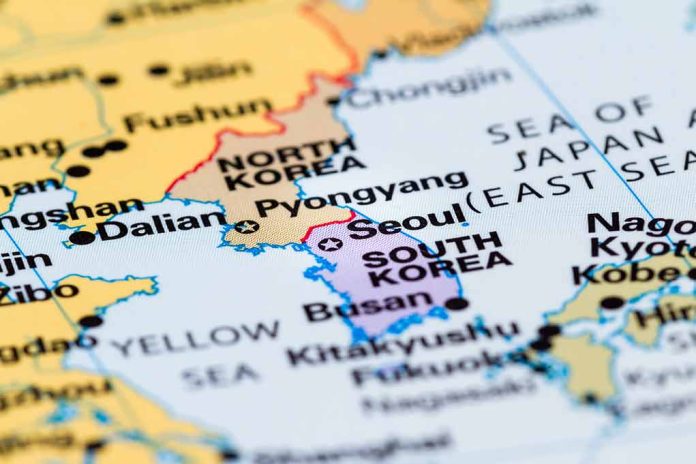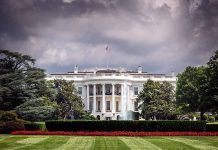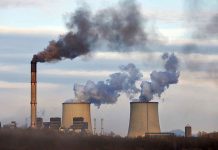
South Korea faces an unprecedented political upheaval as its acting President Han Duck-soo was impeached just two weeks into his role.
At a Glance
- Acting President Han Duck-soo was impeached after President Yoon Suk Yeol’s removal.
- A unanimous 192-0 National Assembly vote led to Han’s impeachment.
- Finance Minister Choi Sang-mok becomes acting president, ensuring continuity.
- The political crisis causes instability and economic uncertainty in South Korea.
Political Turmoil in South Korea
South Korea’s acting President Han Duck-soo was impeached just 14 days after taking office. He succeeded President Yoon Suk Yeol, who was ousted following his controversial martial law imposition. The opposition-controlled National Assembly voted 192-0 for Han’s impeachment. The People Power Party abstained, citing procedural issues. As Han’s future now rests with the Constitutional Court, Deputy Prime Minister Choi Sang-mok assumes the presidential duties temporarily.
The impeachment stemmed from Han’s reluctance to appoint three justices to the Constitutional Court, a demand from the Democratic Party. The governing People Power Party argued Han lacked the mandate for such appointments and contested the impeachment’s validity. Amid the political drama, South Korea remains gripped by protests calling for accountability from its government, amplifying the uncertainty.
South Korea's parliament impeached acting President Han Duck-soo over a short-lived martial law, plunging the country deeper into political chaos https://t.co/3l9Vm3iIWw
— Reuters (@Reuters) December 27, 2024
Economic and Security Concerns
Han’s impeachment exacerbated existing political instability, triggering economic concerns. The Korean won and Kospi index both took a hit reflecting investors’ unease. The Democratic Party’s bold actions have been criticized as risky, potentially compromising South Korea’s national security and economic stability. The Constitutional Court must decide within 180 days whether to uphold the impeachments of both Yoon and Han, a decision that could reshape the country’s political landscape.
“South Korea is now in a far more serious crisis of leadership and governance. The DP’s political gambit is actually putting the country’s economy and national security at grave risk,” said Duyeon Kim, a senior analyst at the Center for a New American Security in Washington.
Han expressed regret over his impeachment, acknowledging the National Assembly’s decision and stepping down to await the Constitutional Court’s ruling. Meanwhile, Choi Sang-mok emphasized military readiness amid potential North Korean provocations, reassuring international partners that foreign policies remain constant.
South Korea impeaches acting President Han Duck-soo, deepening political turmoil https://t.co/Bs8EfkE5AL
— CNBC (@CNBC) December 27, 2024
Future Implications
The governing People Power Party is challenging the impeachment’s legitimacy, filing a petition with the Constitutional Court. The outcome will have implications for South Korea’s governance and its international standing. Meanwhile, Democratic Party leader Lee Jae-myung faces legal issues that could impact his candidacy in a potential presidential by-election. South Korea stands at a crossroads, as it navigates through this pivotal moment in its history.
In this politically charged atmosphere, protesters continue to demand transparency and accountability, emphasizing the need for a steady and principled government to lead South Korea through turbulent times.








